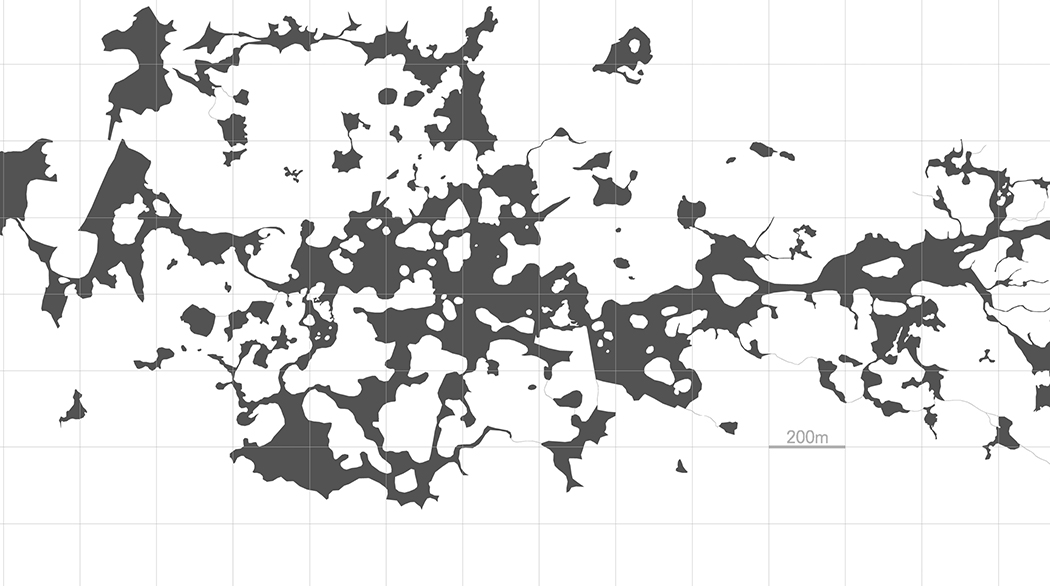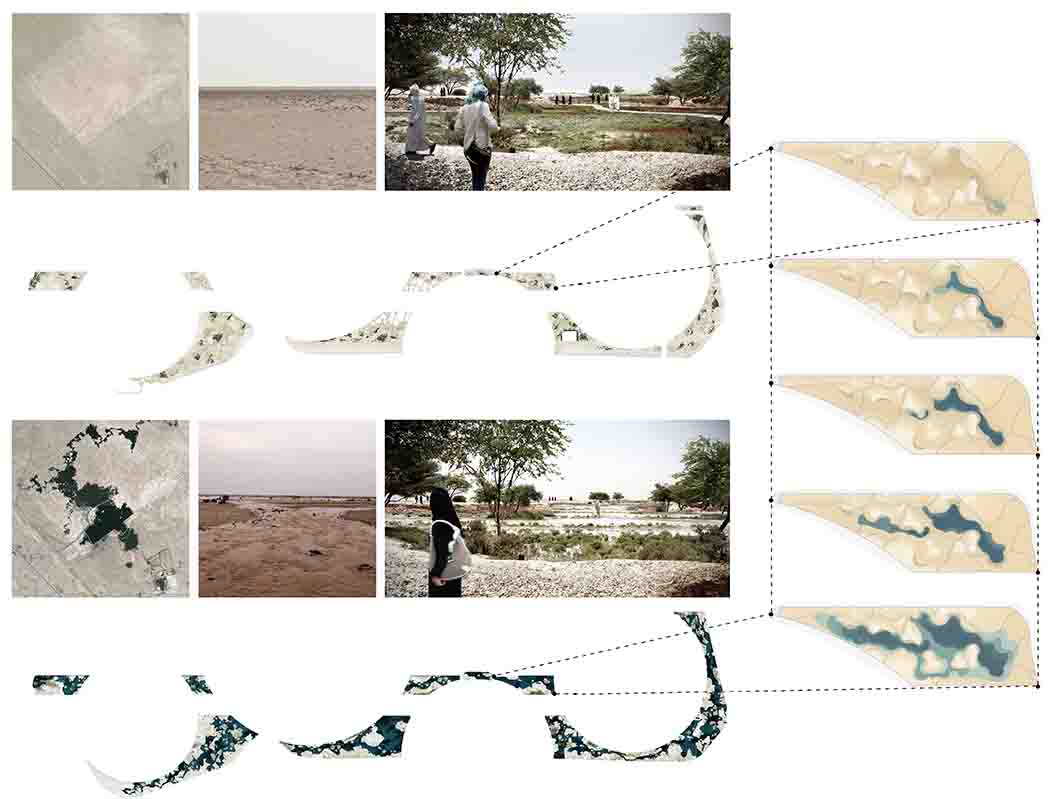Last August, I visited with Alfredo Pini, one of the founders of Atelier 5, which was behind the very famous housing development Halen Estate near Berne. Pini spoke of Switzerland during the 1950s. He alluded to a sort of guilt complex that arose from the use of a certain modernity guiding the reconstruction of countries heavily damaged during the war. Halen seemed to me to be a displaced prototype.
Later, I was in Stockholm to assess the site of a new project. An architect friend explained to me how the Swiss, whose capital was spared from being damaged during the war, had to violently and radically change in order to modernize.
During the 80s, I lived under the illusion, an illusion based on amnesia, that everything, absolutely everything, had to be invented. During the 80s, Nori Okabe, a Japanese architect at the time associated with Renzo Piano, brought me rare publications from Tokyo in which I discovered the work of G. Eckbo, M.P. Friedberg, L. Halprin, D. Kiley, H. Sasaki, R. Zion. These American creations appeared to me as if from another planet.
Last August, I was belatedly and ashamedly struck by some evident facts:
- Two World Wars have had devastating effects on our profession in Europe
- Switzerland and Scandinavia, European paradises of architecture, possess a modernity characterized by unique visions of society
- The United States has for many decades served as the refuge and the heart of our landscape architect culture.
It is as if there really does exist a coherent history to our discipline. However, this history moves about geographically: though the elements that make it up follow upon one another and evolve through time, they are scattered throughout the globe, subject to the vagaries of History.
Evidently, we are working here within the boundaries of a marginal and uncertain discipline, whose existence is spent for the most part in a kind of latency, sporadically awakened during historic occasions, themselves often fleeting and geographically unconnected.
But the more one travels, the more one discovers a coherence to how our profession is progressing, and it is paradoxically in just the opposite direction of a caricatured globalization.
I am reminded of Darwin's expeditions that, in order to better understand certain evolutionary mechanisms, took advantage of the singularity of certain archipelagos. The insularity accentuated the individual characteristics of the species present, and as Darwin travelled from island to island he was able to reconstruct the evolutionary process through time.
In 2004, I developed projects in 12 countries: in the eyes of the tax administration, I am an exporter.
In my own eyes, I export nothing at all. I am constantly traveling, and this helps me to see. The successive differences encountered, the sense of urgency born out of the short periods of time that most trips last, impart to the traveler, as is well known, a certain acuity.
In a similar way as how the history of our profession appears to me geographically dispersed, I perceive my own work as a kind of accelerated history, tossed about by differing situations and desires following upon one another in rapid succession.
Hunting in a way, in a territory ever expanding, hunting desires and hopes.
This global ambition is easily made fun of: a project in Dallas and a project in Tokyo the same week? Similar subjects, personally identifiable products? That would be exportation.
Explorer rather than exporter, I help in seeing the landscape, in understanding the mechanisms at work giving it form, in acting upon these mechanisms in order to bring about change.
Seeing, sorting, choosing: a decision process that I believe embedded within the scattered history of our craft and which I know functions in highlighting its singularities.
Explorer of indecipherable, sadly commonplace territories, of whose technocratic authors subscribed to the globalization mindset. Seeing, sorting, choosing, giving meaning to hopeless landscapes produced from an absence of desire, from a profusion of high quality seals of approval, from the certitude of sustainable development.
When designing the landscape for a new canal connecting France to northern Europe, I was terrorized by my own incapacity to understand the administrative and technocratic machinery involved in the undertaking. But an engineer reassured me, saying: “But you, you are in a position of making choices”.
And that is exactly the essence of my mission as explorer: making choices.
Seeing, helping to see, sorting, making choices. Giving meaning.

